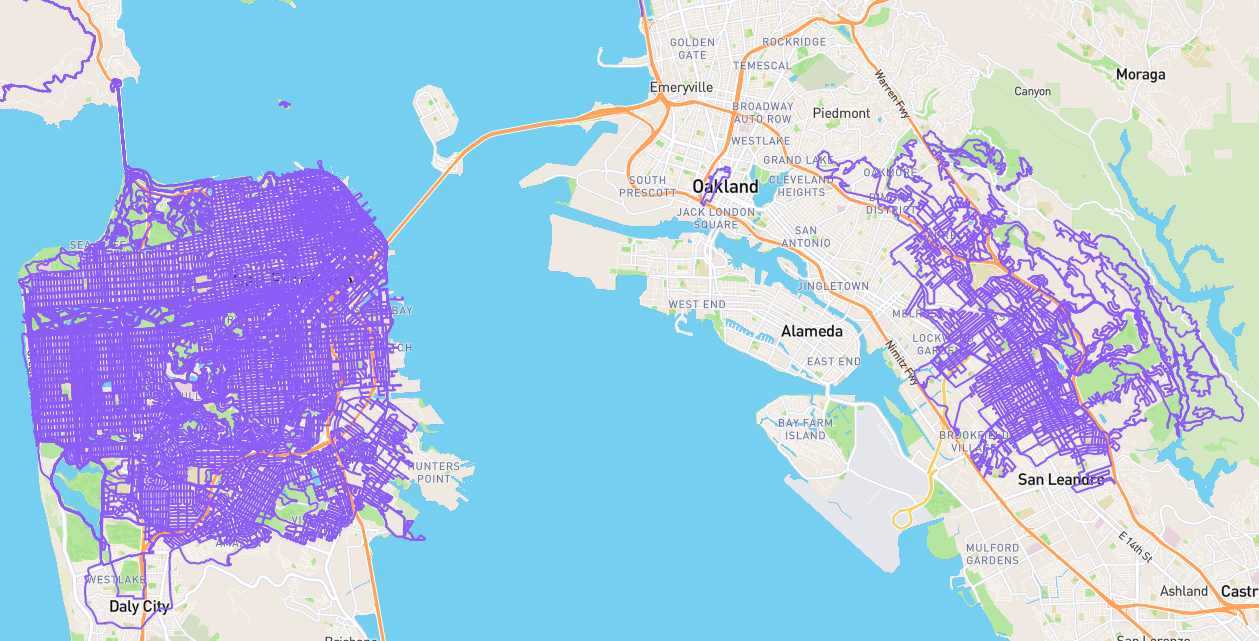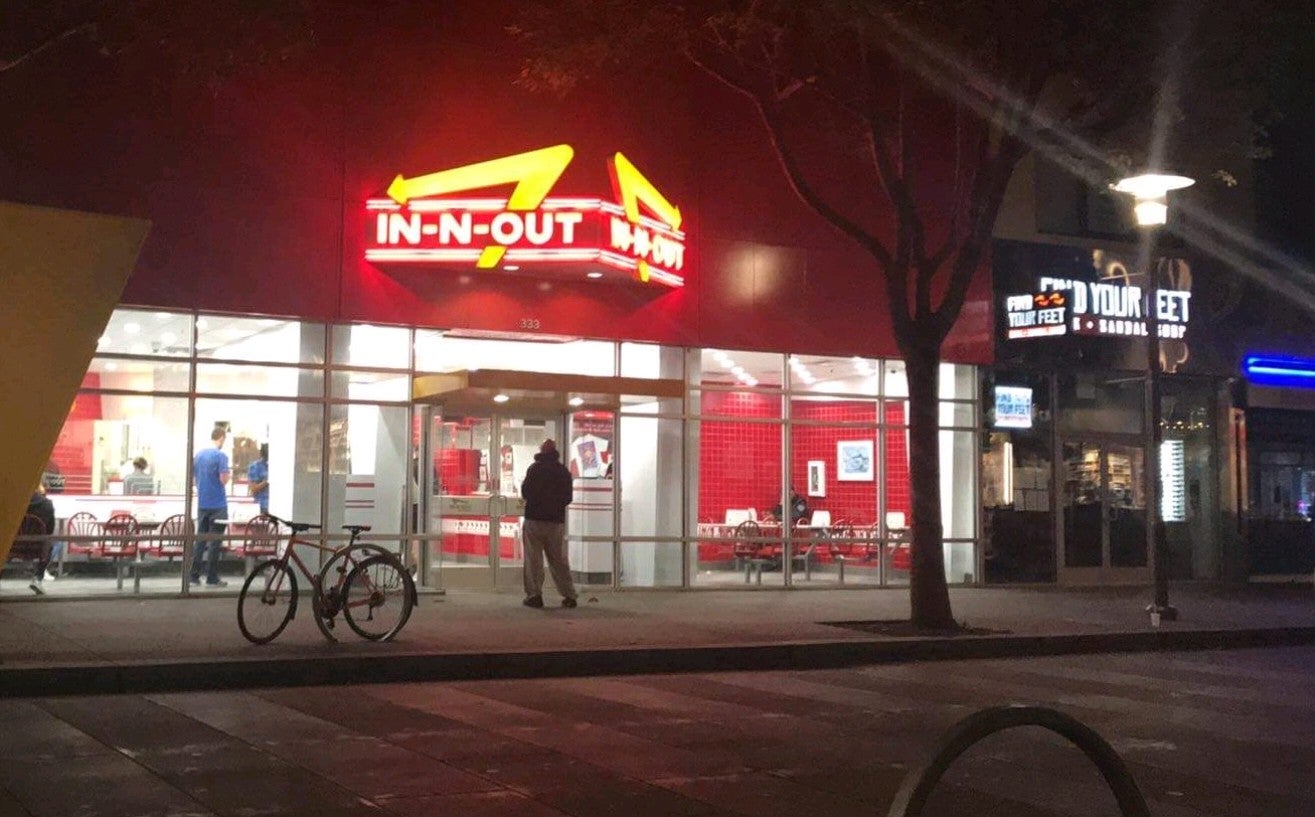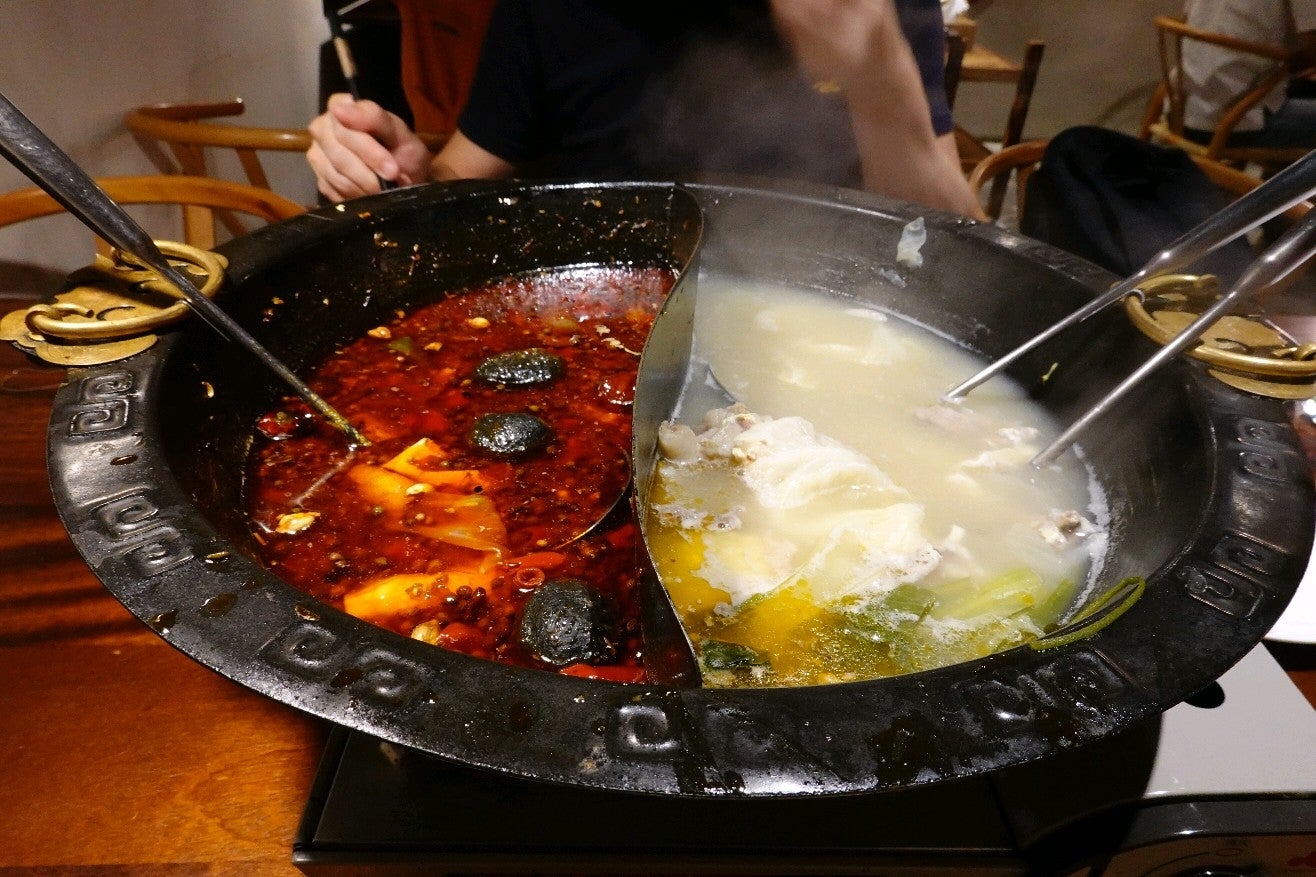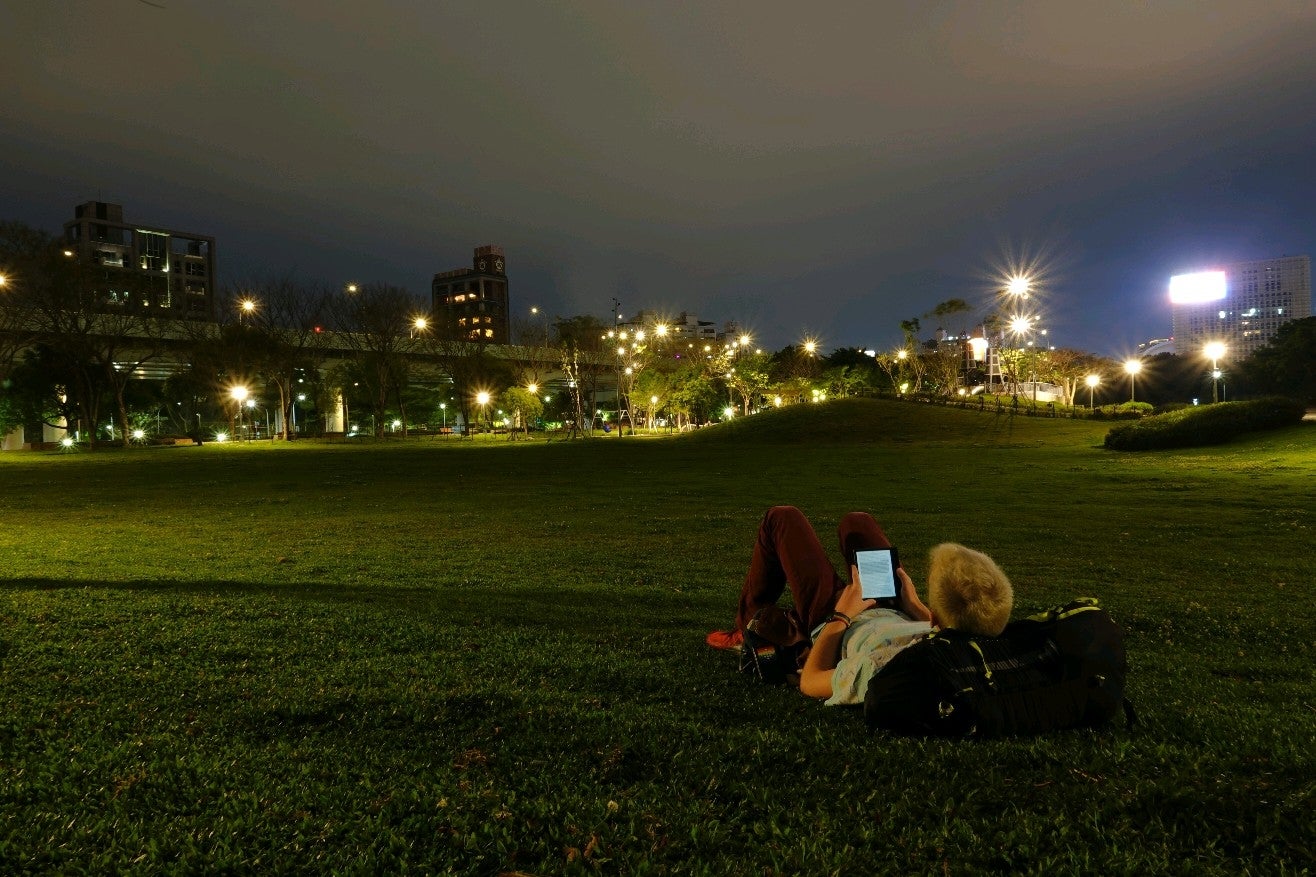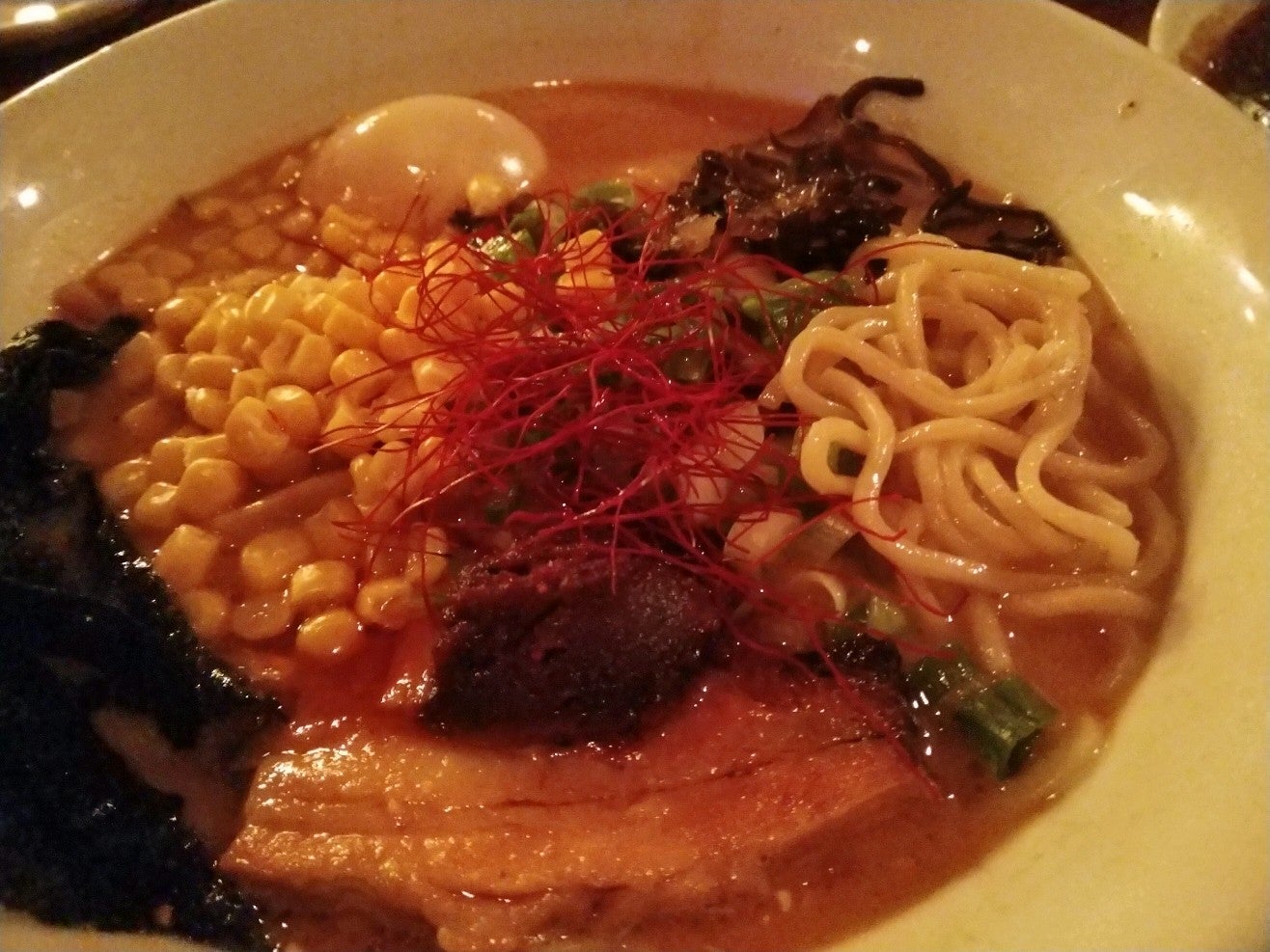Reading response paper: Samuel P. Huntington, ‘The Clash of Civilizations’
A multicivilizational United States will not be the United States; it will be the United Nations.
Not many ideas are more challenging for me to think about, much less take a side on. The discussion in class and in Huntington’s article about the United States and its identity were interesting and confusing.
I always thought of the United States as a land of people united by their ideas of freedom and democracy - maybe not 100 percent united, but for the most part I usually think Americans share similar ideas of how a government should relate to its people.
The Huntington article suggested several times that the United States may need to become more isolationistic, and focus more on defining what Americans stand for. This may be true, but this idea conflicts with my previous notion that the United States is a melting pot, and always has been. I do not say melting pot with the intention of meaning that the people of the country assimilate into a common culture. This may happen to an extent naturally, but what I typically think of as a melting pot is the coming together of people from many places into the same living space.
Except for the American Indians which the forefathers of the United States displaced, America has always been a place for many different peoples to settle - whether the settlers were forced, fleeing from some problem in their home country, or settled for some other reason. There were many reasons the people moving to this continent were doing so - I think the only thing that truly united them was the fact that they were all so different. This is why I have so much trouble discussing immigration policy and the current border security situation. I feel that it would be somewhat hypocritical to “close” the borders, when our country is largely comprised of people from other places. I acknowledge that there are very serious concerns about security, but to an extent, I also think that we may be giving in a bit by giving up our way of doing things. I like to think that the foreigners coming to America all have something to contribute to our country, and if we cut off or severely restrict the flow of people (and their ideas) into the country, we may cut off part of the life force which made us who we are today.
I was also both intrigued and conflicted over the class discussion on whether America is overextending itself, mainly militarily. I certainly think that the United States has made mistakes in executing certain plans, especially in Iraq. Without getting into a discussion about the causes (ill-advised or not) for the Iraq war, I would simply like to say that I am proud our country has sometimes tried to “help” other nations, but I do think that to an extent, we are imposing ourselves on other cultures in a bad way.
I am reminded of a quote from the movie Lord of War, in which two brothers in the arms dealing business witness the slaughter of many innocent children. The younger brother wants to intervene, but the older brother pulls him down and says “It’s not our fight.” That, I think, it sensible advise - but it’s hard to draw the line as to when circumstances compel a country like the United States to intervene in another land’s issues.
Perhaps there will never be a solution to this dilemma, or at least not one everybody agrees upon. I feel, however, that one cannot heavily fault a country that is earnestly trying to help another without being driven by personal motives or conquest desires. This simple statement may be more complicated than it appears, though, because one could argue that the only reason anyone does anything is through personal motives. There are many levels to any dilemma, especially global ones that involve many cultures, languages, and socioeconomic groups. As long as we sincerely attempt to be compassionate and understanding, I think we may improve our standing and image - without sacrificing who we are.

